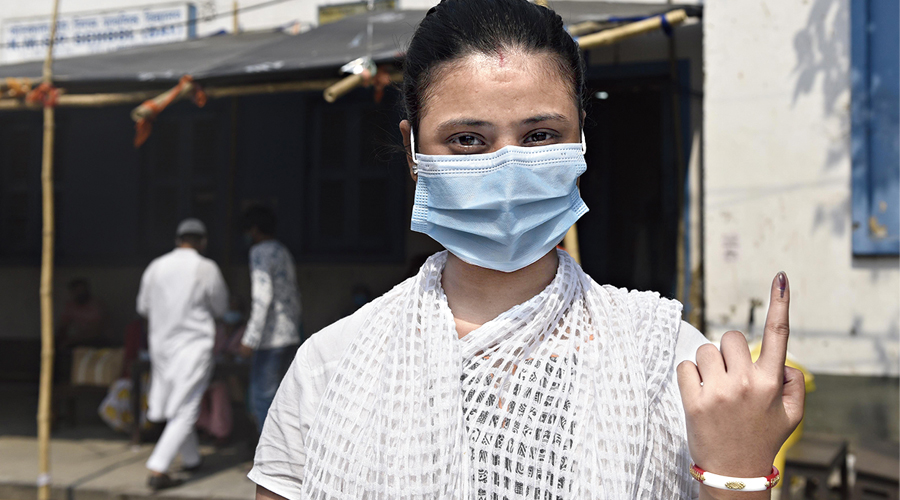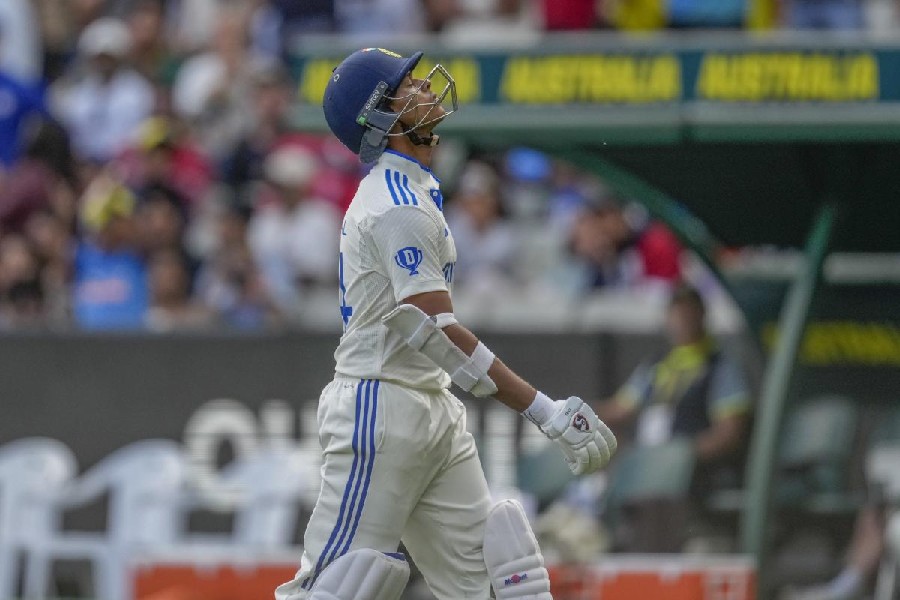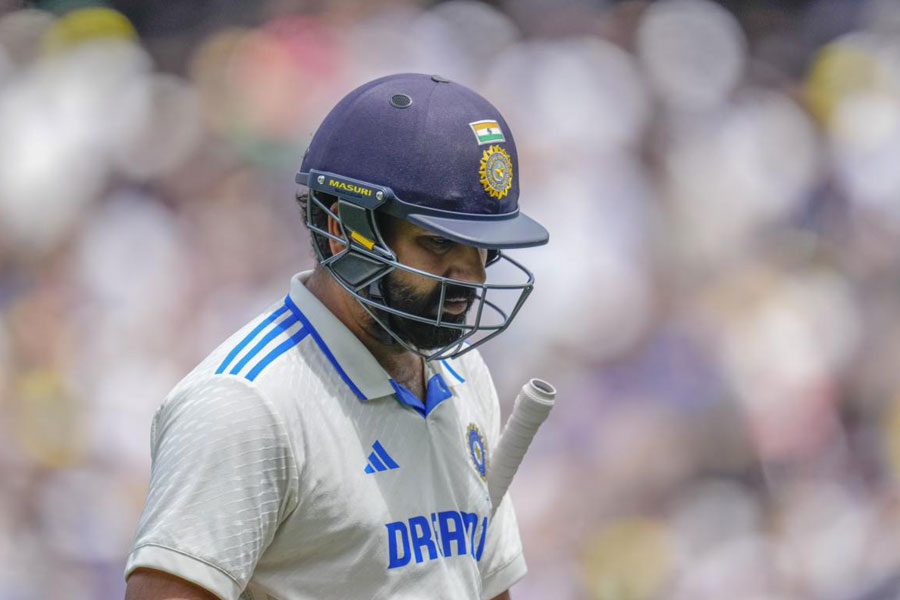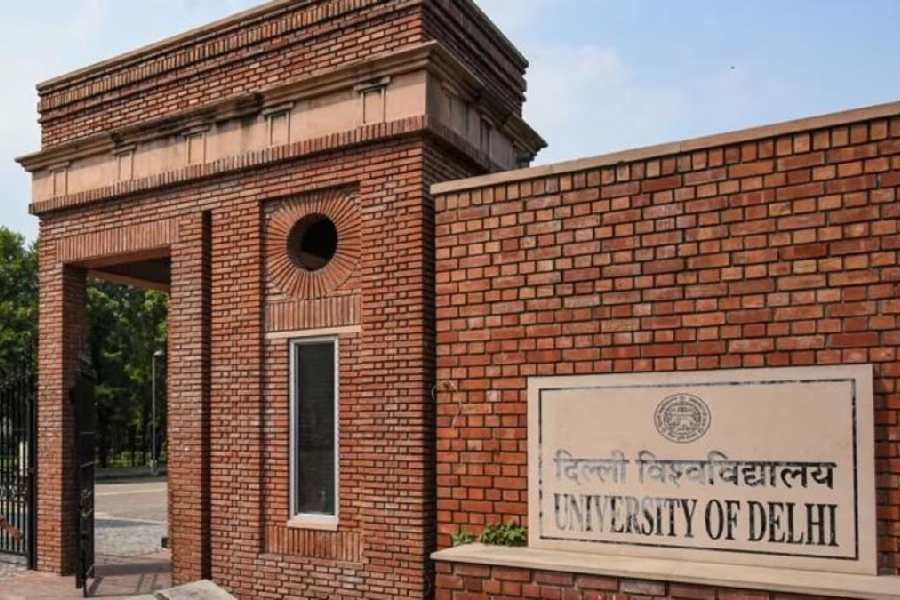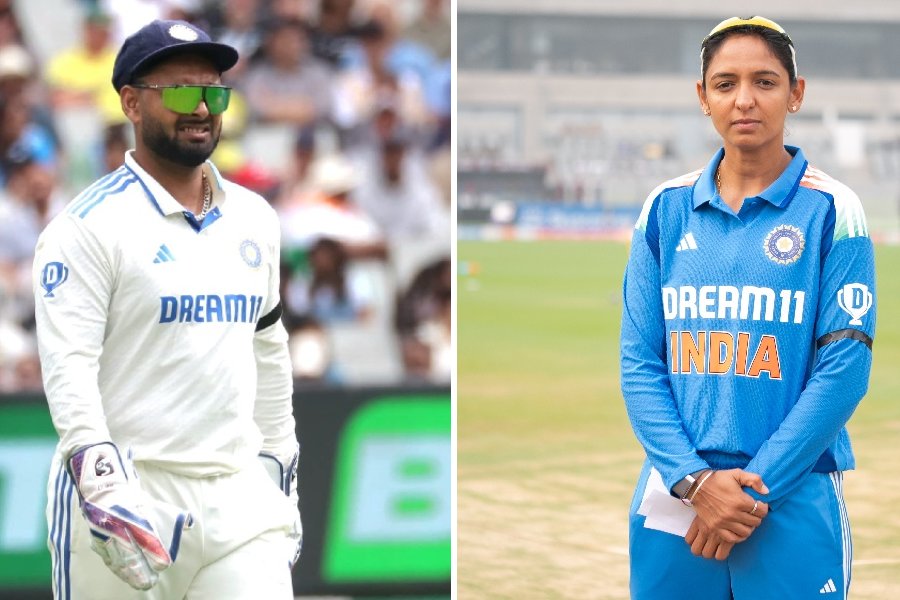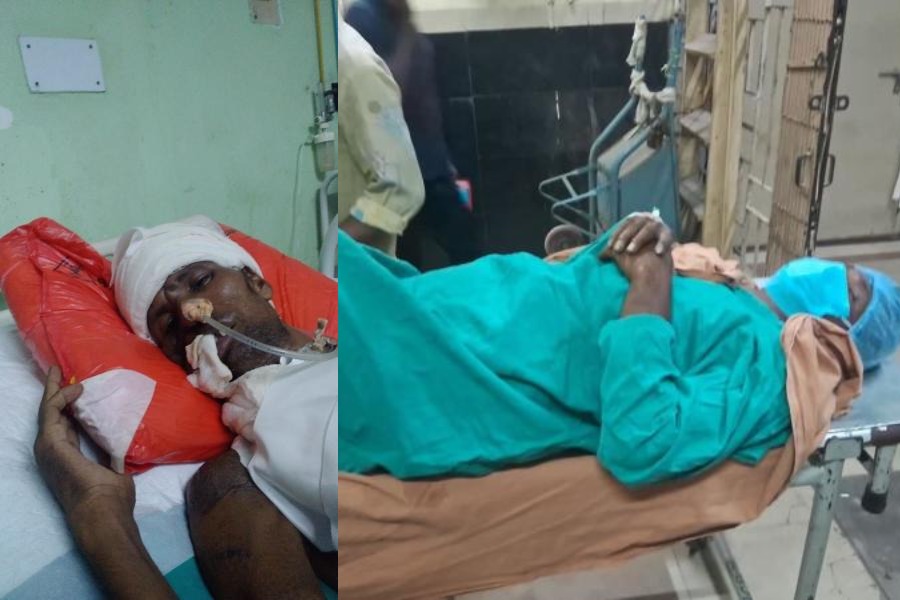Kuppili Pritam and Nikhat Parveen stepped out of a polling booth in the Calcutta Port constituency on Monday and she spoke about how “humanity comes first”.
Nikhat has been fasting every day in the Ramazan month like any devout Muslim and she holds the diya during the household puja at her Hindu in-laws’ place with equal fervour.
So does Kuppili Pritam. A cook at a star hotel in Calcutta, Pritam makes the iftar meal at home whenever he gets a chance. On Id, he takes leave from work to celebrate.
“My husband loves cooking Chinese dishes. That is what he specialises in. But on the day of Id, he prepares mughlai,” Nikhat says with a smile.
Nikhat and some of her friends in their Mominpore neighbourhood chose to step out in the afternoon to cast their votes. That was convenient for them because they wake up early for their sehri, the pre-dawn meal during the Ramazan fasting, and go back to sleep.
Since her childhood, Nikhat has never skipped her Ramazan fast. Pritam and his family have not come in the way of her choice.
“We grew up together from childhood. He (Pritam) was my best friend. So when we decided to get married, there were no issues,” Nikhat said, arranging the white snakha bangle around her wrists. “My papa was slightly upset because we went to the Kalighat temple to marry. But later he accepted my decision.”
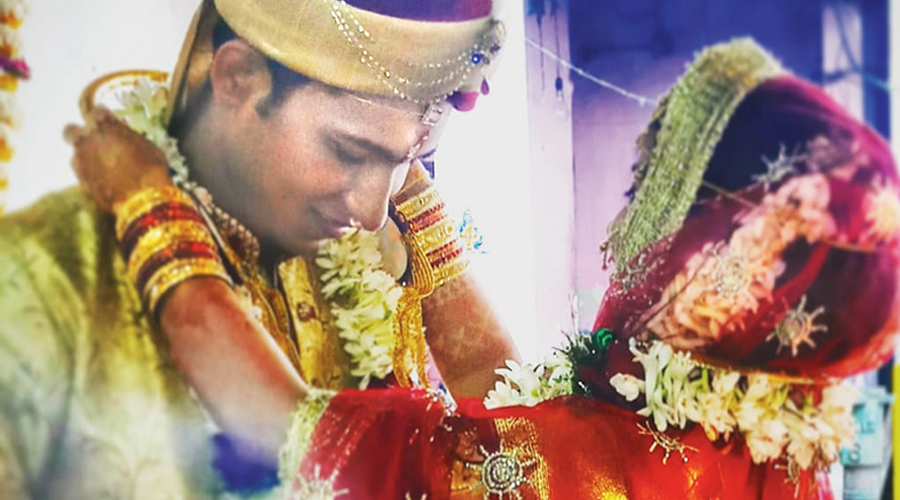
A photograph from Nikhat Parveen and Kuppili Pritam’s wedding album.
A Class VIII dropout, Nikhat doesn’t remember her mobile number. But the 23-year-old remembers nuances of some of the Hindu rituals, which she has picked up from her in-laws since she married Pritam in February last year.
Pritam had worn a golden sherwani suit with an ornate cap for the occasion and Nikhat chose a red Benarasi sari. When the two exchanged garlands, priests in the temple clapped to the sounds of conch shells.
“There were no issues with either family. The rest you hear from her,” Pritam said before rushing to join his work in the hotel.
A predominantly minority locality, Mominpore has accepted the marriage without a hue and cry. When the couple’s fathers, Kuppili Raju and Akbar Hussain, meet and greet, residents of the area don’t pause to stare.
“A girl has married a boy from her neighbourhood. It doesn’t matter what their faiths are. They are happy and that’s what we want them to be,” said Bablu Karim, a resident of Braunfeld Row.
The narrative of division based on religion being played out for the last few months across the state has hit Mominpore, too.
But every time the issue of mandir and masjid cropped up, it firmed their resolve to preserve the city’s inclusive culture.
“Saabse aagey hai insaniyat (It’s the humanity that comes first),” Nikhat said. “We voted today to preserve this Calcutta.”

